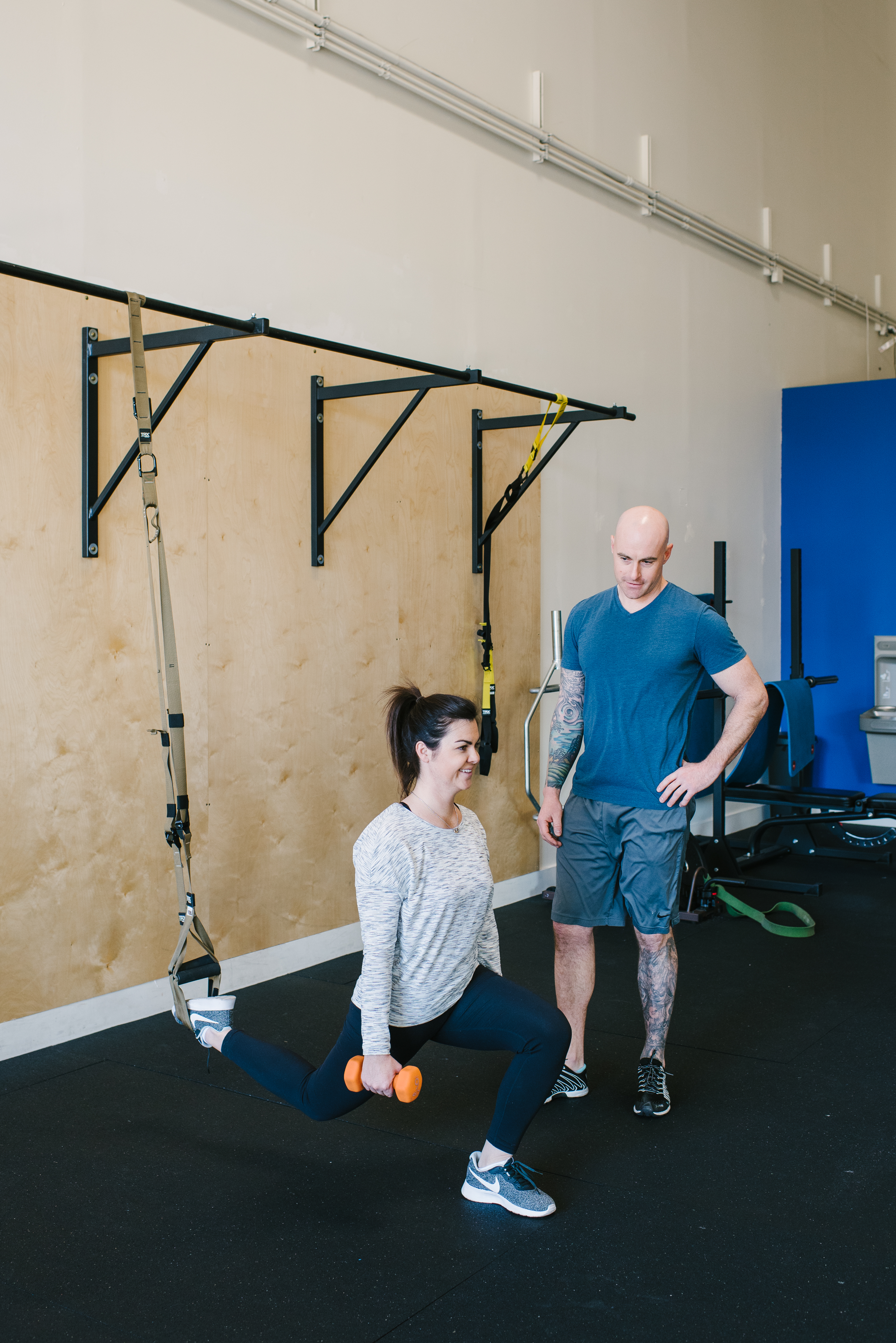“It gives you those positive endorphin things,” Mara explained after conducting her monthly fitness check-in. An effective question we ask our clients after a 4-week period of regular exercise is, “What results have you experienced from this previous 4-week exercise phase?” Our team of coaches knows to gather this information following a 4-week period of exercises from every client. After interviewing Mara on what specific result she experienced, she explained that exercise is her “natural anti-depressant.” Performing physical activity, attending Yoga classes, and personal training appointments proved to be just as potent of an anti-anxiety medication than a months’ worth of Zoloft. The immediate sensation of feeling accomplished, rejuvenated, and proud of oneself after completing a challenging exercise session is a feeling that can’t be derived from a physician prescribed bottle of pills.
In an era where anxiety and depression circulate our climate like early morning fog, it’s easy to get emotionally overwhelmed. The most groundbreaking news of the next country-wide economic struggle, intense political battles, or the latest natural disaster threatening humanity’s existence is available to view and listen immediately at the base of our fingertips. 25 years ago, the only way we could observe such events was by reading the newspaper headlines or by watching the 5 o’clock news on television in our living rooms. Nowadays, our cell phones deliver this psychologically stimulating emotional content just as rapidly as a saline solution traveling through an IV stand hooked up to our bloodstream. Additionally, cell phones don’t just simply turn off. Nestled safely in our pockets or 6 inches away from our bodies on the arm of our couch or table while we’re out to lunch, cell phones are designed to stay on for 12 hours while. Years ago, we at least made a habit to turn our electronic devices off while at the dinner table and before we went to bed. As technology has progressed to stimulate our ability to seek content from our phones, our stress levels have escalated as well. It’s no surprise there is a correlation to increased stress in society with an increase in physician prescribed anti-depressant medication.
Let’s switch gears and delve deeper into the components our body endures during an average exercise session. As we put our bodies through challenging movements, we begin to breath a little heavier. Holding downward facing dog or performing a plank draws blood to working muscles, influencing our lungs to gather more oxygen to replenish our blood. Additionally, our heart starts to pump a little harder. We also feel a slight sensation of discomfort in our muscles as they fatigue and slightly tremble due to the increased workload exercise imposes on them. These are natural functions of the body brought about by physical stress. This type of physiological feedback sends out chemical messengers through the blood called stress hormones so the body can operate in a “fight or flight” mechanism. This “fight or flight” mode allows the body to perform intense movements to overcome challenging tasks imposed during exercise sessions. Stress hormones such as cortisol and epinephrine are released during exercise to stimulate the body to open blood vessels and offer a boost in our energy to be able to perform strenuous activity throughout the exercise session.
One might think such stress hormones are harmful to our psychological and emotional wellbeing. To a degree, stress hormones are suboptimal toward our quality of life when in a non-exercise setting. Experiencing stressful news, our hearts races, we might breathe a little heavier, or we could break out in a sweat because we are in an alarmed mindset. However, this type of stress is produced from an extrinsic source that affects our psychological wellbeing. In contrast, the stress imposed via exercise is incredibly productive to our physical well being during exercise. Stress hormones are secreted during exercise to assist the body in utilizing calories as a fuel source during exercise. More importantly, if we utilize these hormones during exercise, there will be less free-floating stress hormones circulating throughout our blood at the conclusion of an exercise session. Therefore, the next time we see or hear about the latest calamity the news or social media has to offer us, the likelihood of our heart racing, feeling lightheaded, and catastrophizing over an anxiety inducing event can be significantly decreased because our bodies can manage stress hormones more efficiently. By physically training the body to endure stress, the body will adapt to efficiently managing how extrinsic stressful events affect our quality of life.
Perhaps those “endorphin things” Mara explained was actually the body’s sensation of how the absence of stress and anxiety felt. Maybe there weren’t any endorphins at all, and Mara felt the burdens of worry, loss of control, and anxiety lift from her shoulders because she did something amazing for her body by exercising regularly. Take a few moments for yourself. Place the phone more than 30 yards away from your grasp and offer yourself the gift of exercise. By freeing your body of the stresses that envelop our everyday lives and prescribing some exercise to yourself, you may not need to make that trip to the pharmacy to pick up anti-depressants.
Sean McCawley, the founder and owner of Napa Tenacious Fitness in Napa, CA, welcomes questions and comments. Reach him at 707-287-2727, napatenacious@gmail.com or visit the website napatenaciousfitness.com.

